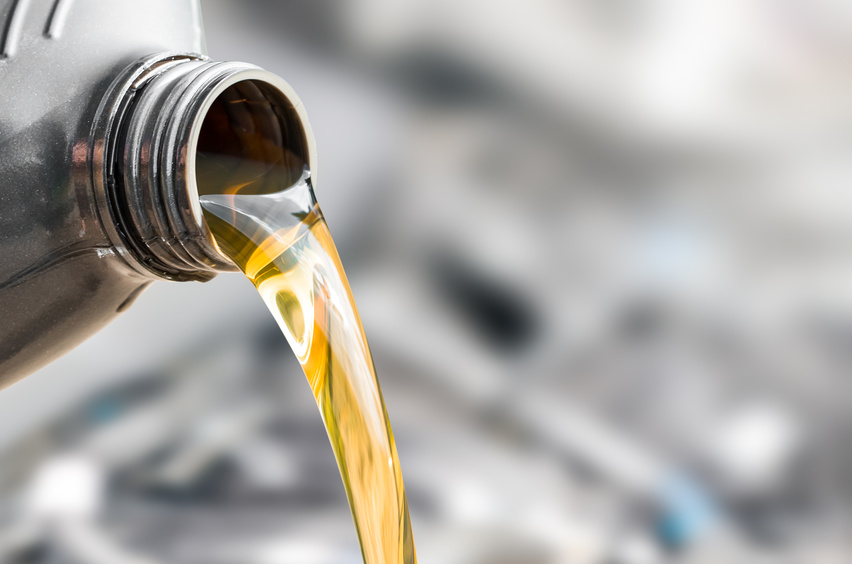
When it comes to industrial lubricants, many manufacturers don't often look too much into their products. In fact, according to a recent survey, only 89% of lubrication professionals consider an oil's viscosity index when selecting a lubricant.
It's important to pay close attention to your metalworking fluids because they can affect many of the costly areas in manufacturing operations including disposal costs, machine downtime, and equipment failures. Fortunately, these costly problems can be kept under wraps simply by avoiding some of the more common mistakes manufacturers make with their industrial lubricant storage.
That being said, whether you've recently stocked up on lubricant from your Castrol distributors or you've had your cutting fluid stored for the last few months, here are some of the most common mistakes manufacturers make with industrial lubricant storage and how you can avoid making them yourself.
Storing lubricants outside
You never want to store your industrial lubricants outdoors. Outdoor temperatures frequently fluctuate in temperature. These temperature changes can change the air volume in the storage container.
Colder outdoor temperatures can cause the air on the inside of the storage containers to condense and pull in moisture. This puts your lubricants at risk of oxidizing. Ask your Castrol distributors if you're unsure of where to store your industrial lubricants in your warehouse or building. Aim for areas that are dry with little temperature fluctuation.
Using the wrong containers
When you're storing your industrial lubricants, it's important that you're using sealed containers that have color-coated lids. Color-coded lids each identify the different types of lubricants that you have stored in your warehouse. By using color-coded lids, you can prevent accidental cross-contamination with your equipment and machines.
Failing to use your oldest lubricant first
When you get new lubricants from your Castrol distributors, it's important to use your oldest lubricant first. Unless your lubricant has expired or has been contaminated, it's important to use the oldest lubricant to save money.
Most of the industrial lubricants that are commonly used have a shelf life between two to five years. Properly store the containers to keep your lubricants safe from contamination. Properly storing your lubricants and using the oldest lubricants first before going onto new ones can prevent unnecessary costs.
It's important to keep a close eye on the expiration date of your metalworking fluids, especially when you're keeping them in storage. For when you're in need of new oil solutions, Santie Wholesale Oil Company has the metalworking and cutting fluids you need. For more information about our Castrol products and other industrial lubricants, contact Santie Wholesale Oil Company today.
